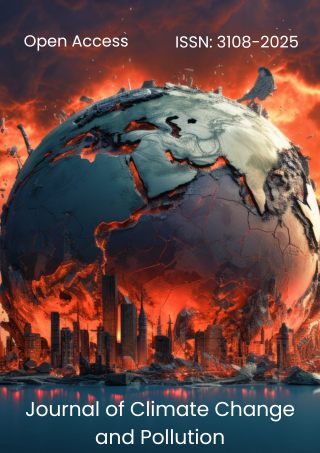Air Pollution
Air pollution refers to the presence of harmful substances in the atmosphere such as particulate matter (PM), nitrogen oxides (NOₓ), sulfur dioxide (SO₂), carbon monoxide (CO), ozone (O₃), and volatile organic compounds (VOCs) that negatively impact human health, ecosystems, and the climate. Major sources include industrial emissions, vehicle exhaust, fossil fuel combustion, agricultural activities, and natural events like wildfires and volcanic eruptions. Exposure to polluted air is linked to respiratory and cardiovascular diseases, neurological disorders, and premature mortality, particularly in vulnerable populations. In addition to health impacts, air pollution contributes to environmental degradation through acid rain, smog formation, and climate change. Strategies to mitigate air pollution include stricter emission standards, transition to clean energy, promotion of public transportation, and the adoption of green technologies. Addressing air pollution requires coordinated international policies, real-time monitoring, and public engagement to ensure cleaner air and a healthier planet.
Article Processing Timeline
| 2-5 Days | Initial Quality & Plagiarism Check |
| 15 Days |
Peer Review Feedback |
| 85% | Acceptance Rate (after peer review) |
| 30-45 Days | Total article processing time |
Journal Flyer


